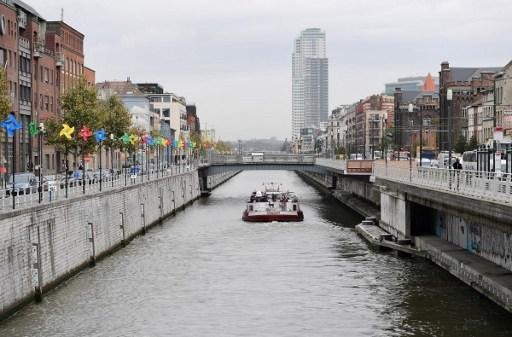Olivier van der Haegen stated the number of youngsters in Molenbeek supporting the radical Islam message is on the increase. The Project Manager for the fight against the commune's radicalisation said this before the parliamentary enquiry committee on the terrorist attacks yesterday (Monday).
It emerged from his session that fewer individuals are leaving for the Middle East to fight alongside jihadists. However, that does not mean categorically that the radicalisation of youngsters, in some cases, will decrease.
The “targets” are changing: it is no longer so much a question of terrorist fighters abroad as unidentified youngsters, who have learned how to fall between the cracks.
Very often, these individuals already have a criminal background, whether for drug trafficking, smuggling or other offences.
Mr van der Haegen stresses, “The critical mass of youngsters directly supporting radical messages is on the increase. All of the time they form part of conspiracy theories and provocation.”
He says that recruiters remain active in Molenbeek. Investigations are continuing around this issue.
As for the concept of deradicalisation, there are still many questions around this. Prison wardens, who were heard as part of the investigation, a few weeks ago, proved to be very sceptical as to the potential to deradicalise a given individual.
The head of the prevention project says, “I do not know exactly why this is. There are people who we know will never disengage from radical Islam. This category are, however, able to disengage themselves from actual violence.”
Molenbeek has been in the spotlight since the Paris attacks. A study led by UCL is under way to understand why youngsters go from being part of communal organisations (youth centres, schools and others) to then deviate on the path to radicalistion.
A high number of radicalised youngsters seek their identity within society. Mr van der Haegen says, "Religion enters an identity prosthesis phase at a given moment.”
Little by little, mosques are becoming aware of this phenomenon. However, they are faced with a dual problem. This is that their respective imams do not understand French and so do not understand the youngsters.
Mr van der Haegen stresses that, “In the streets, these youngsters come across people who speak to them of a somewhat dubious form of Islam.”
The head of prevention insists upon the need to speak of spirituality to youngsters from an age when they are old enough to understand.
He highlighted a social context, marked by alarming rates of unemployment in certain districts. He strongly argued, “We actually need a Marshall Plan for youngsters in Brussels.”
The Brussels Times

